Erasmus+

Erasmus+ is the European Union's new programme for 2014 to 2020 to support projects, partnerships, events and mobility in the areas of education, training, youth and sport.
Erasmus+ programme aims to modernise and develope the Education, Training, Youth work, and Sport, to boost skills and employability. The programme will significantly increase investments to the human development. Erasmus+ brings together a number of 2007-2013 EU programmes in the fields of Education, Training, and Youth (the Lifelong Learning Programme, The Youth in Action Programme, The Erasmus Mundus Programme, Tempus, Alfa, Edulink, Programmes of cooperation with industrialized countries in the field of higher education). As an integrated programme, Erasmus+ offers more opportunities for cooperation across the Education, Training, Youth, and Sport sectors and is easier to access than its predecessors, with simplified funding rules.
The international dimension of the programme (i.e. cooperation with Partner Countries) focuses on higher education, with some cooperation opportunities in the field of youth. In higher education, two actions (Joint Master Degrees and Jean Monnet) are financed from the EU internal budget, while two actions ("credit" mobility and capacity building) are funded from the external instruments (ENI, IPA, DCI and PI).
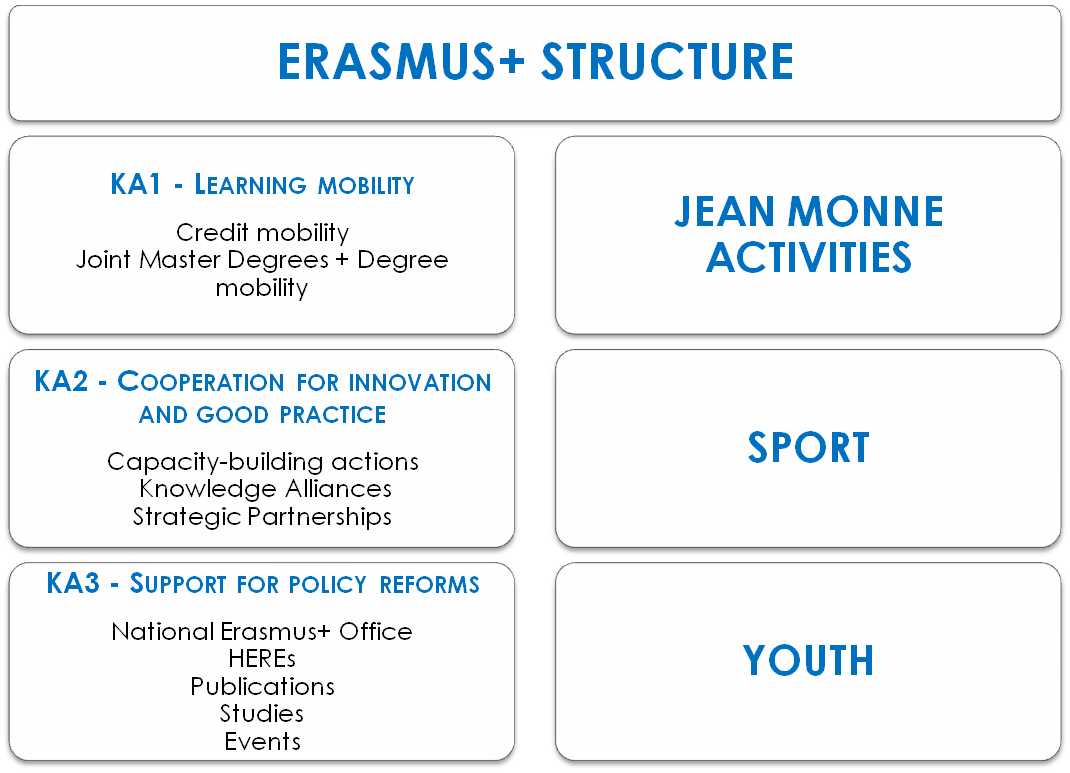
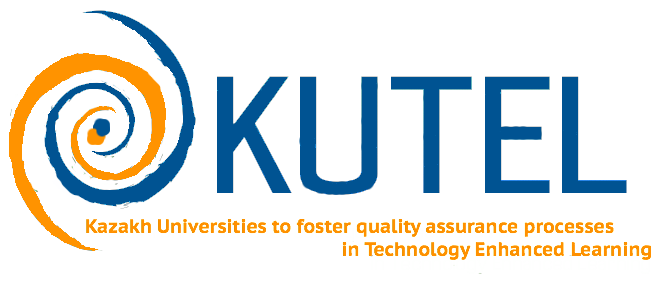
“Kazakh Universities To Quality Assurance Processes In Technology Enhanced Learning” (KUTEL) is a three-year project co-funded by the European Commission in the framework of the ERASMUS Plus Programme, Key Action 2 “Capacity-building in the Field of Higher Education”.
The Project Consortium brings together 14 organisations: 4 are from European countries - Italy, Bulgaria, Finland and Greece – and 10 are from a Central Asia country, namely Kazakhstan. The Kazakh organisations involved are 7 Universities from different areas of the country, the Ministry of Science and Education, an Accreditation Agency and a Public Foundation.
The main aim of the project:
KUTEL core objective is to promote the modernization of HE in Kazakhstan through the introduction of a national quality assurance system for technology-enhanced learning by guaranteeing the im- provement and implementatation of accreditation standards and procedures of TEL
KUTEL specific objectives are:
- Modernize and reform teaching methodologies through the introduction of quality assurance (QA) framework in blended learning.
- Develop and improve accreditation standards and procedures related to quality assurance of technology-enhanced (TEL) in Kazakhstan universities according to EU practices.
- Establish a methodological frame- work to improve TEL quality assurance in Kazakh universities.
- Provide training for Heigher Education (HE) key actors and public authorities responsible for accreditation and evaluation of TEL programs.
Project Partnership
- Applicant Università degli Studi Guglielmo Marconi, Italy
- Partner BFU, Burgaski Svoboden Universitet
- Partner UTU, Turun Yliopisto
- Partner Hellenic Open University
- Partner Almaty Institut Of Power Engineering And Communications Nonprofit
- Partner Caspian State University of technologies and engineering named
- Partner International University Of Information Technologies
- Partner Zhezkazgan Baikonurov University
- Partner Kokshetau Abai Myrzakhmetov University
- Partner Kostanay State Pedagogical University
- Partner The Ministry Of Science And Education Of RK
- Partner Public fund "Youth front of Leader of the Nation"
- Partner Shokan Ualikhanov Kokshetau State University
- Partner The Non-Profit Institution Independent Agency For Accreditation





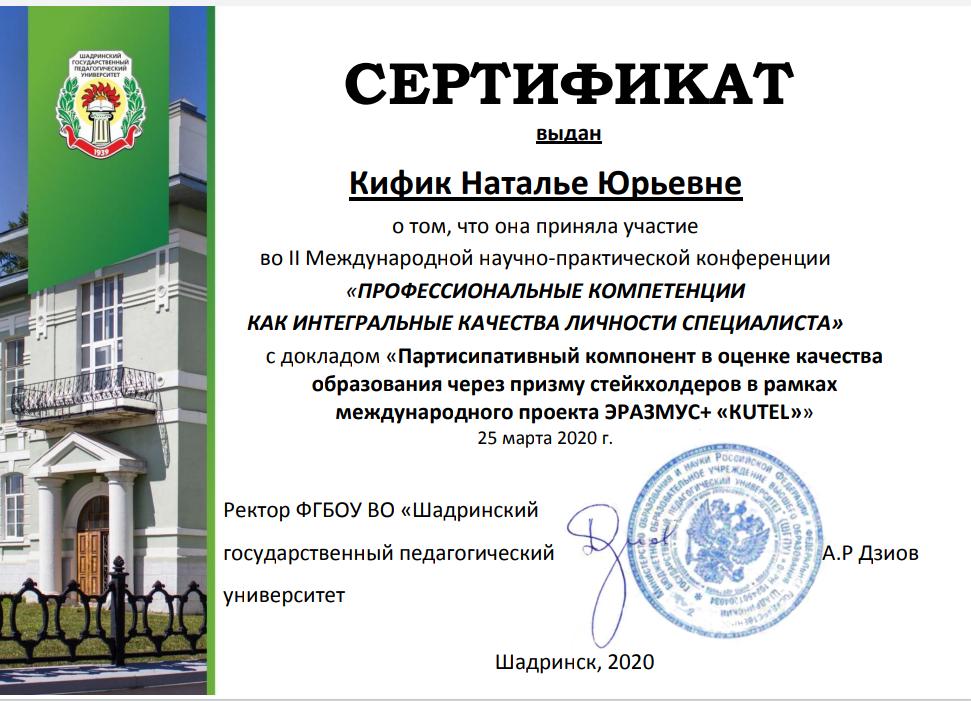
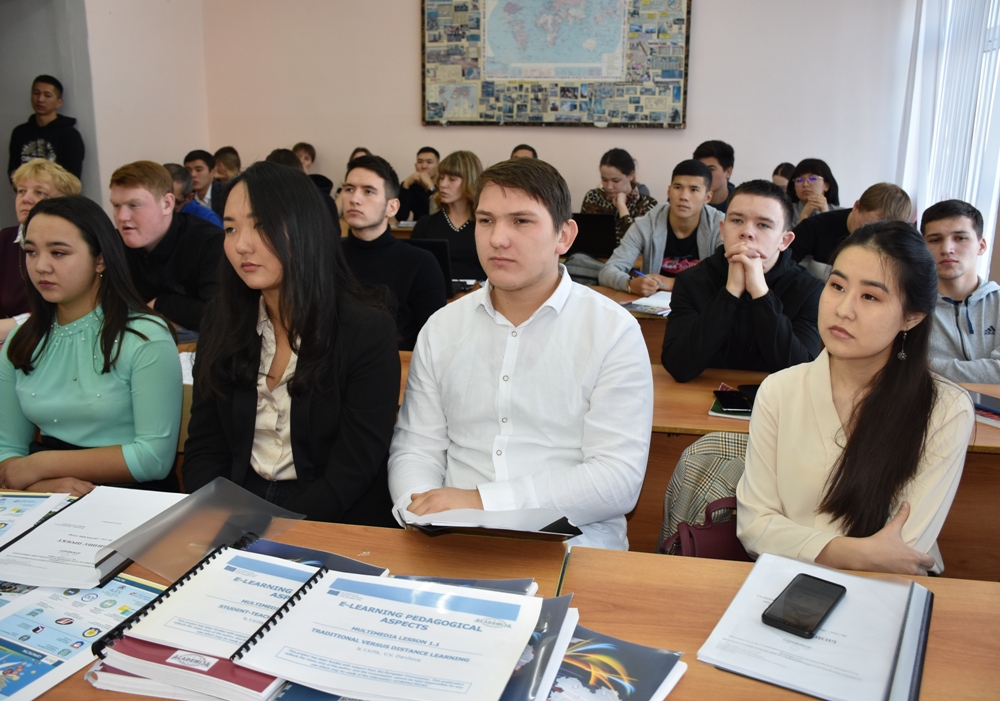
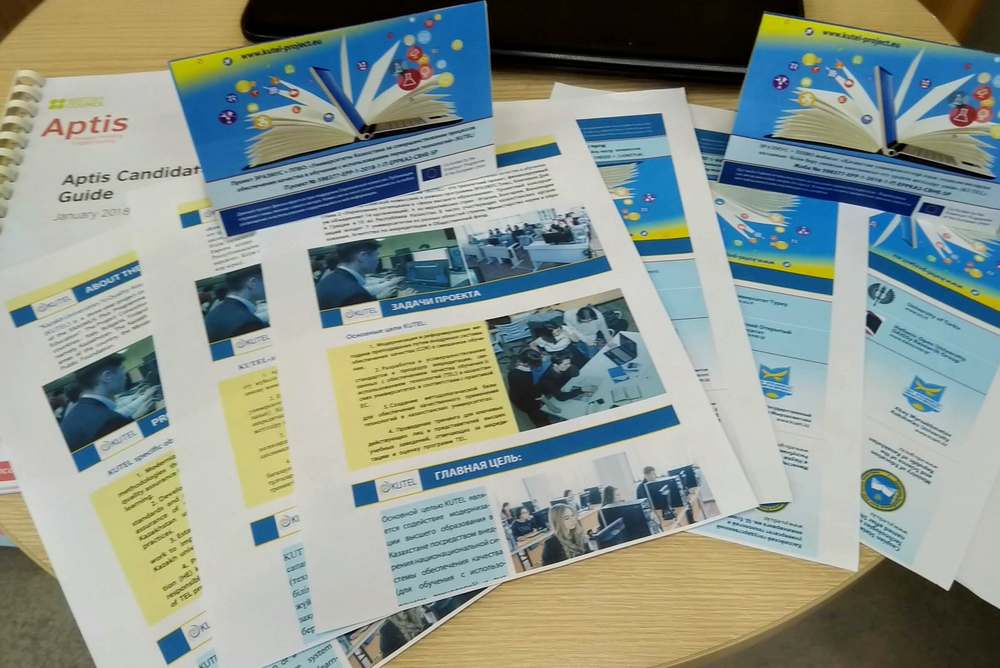
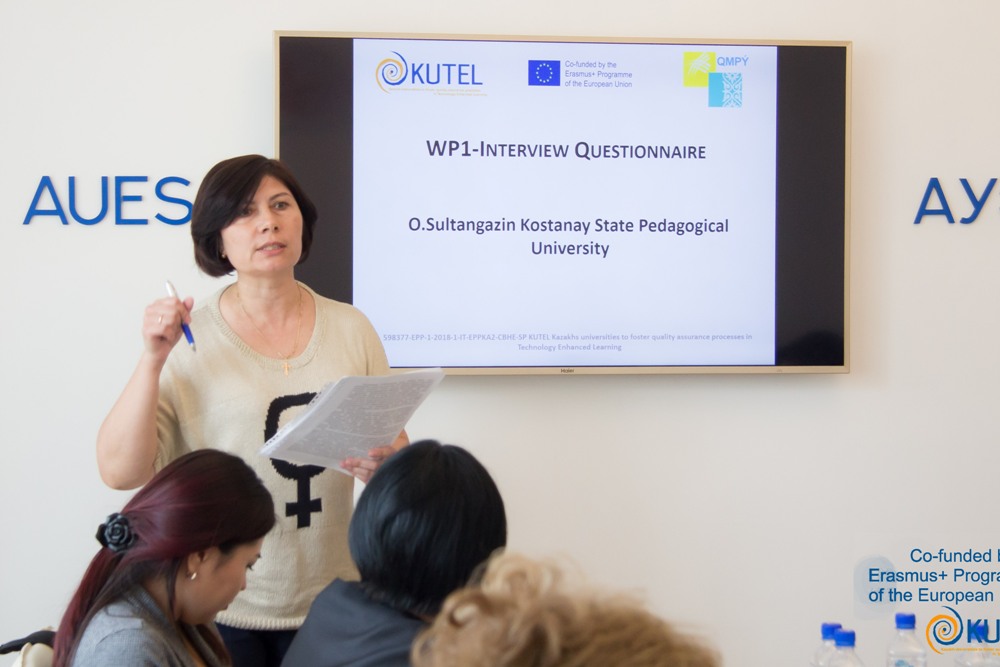
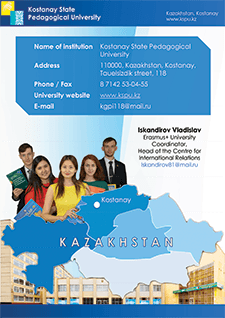
 Erasmus+
Erasmus+